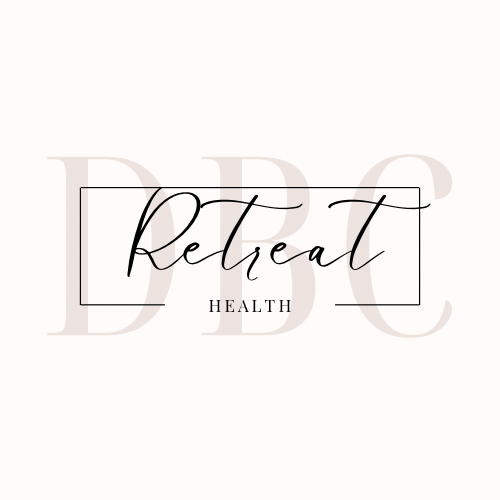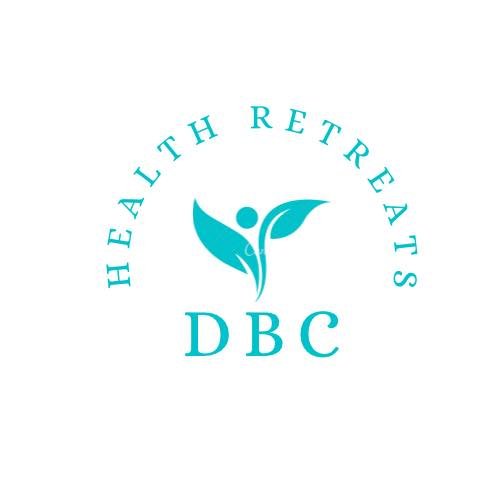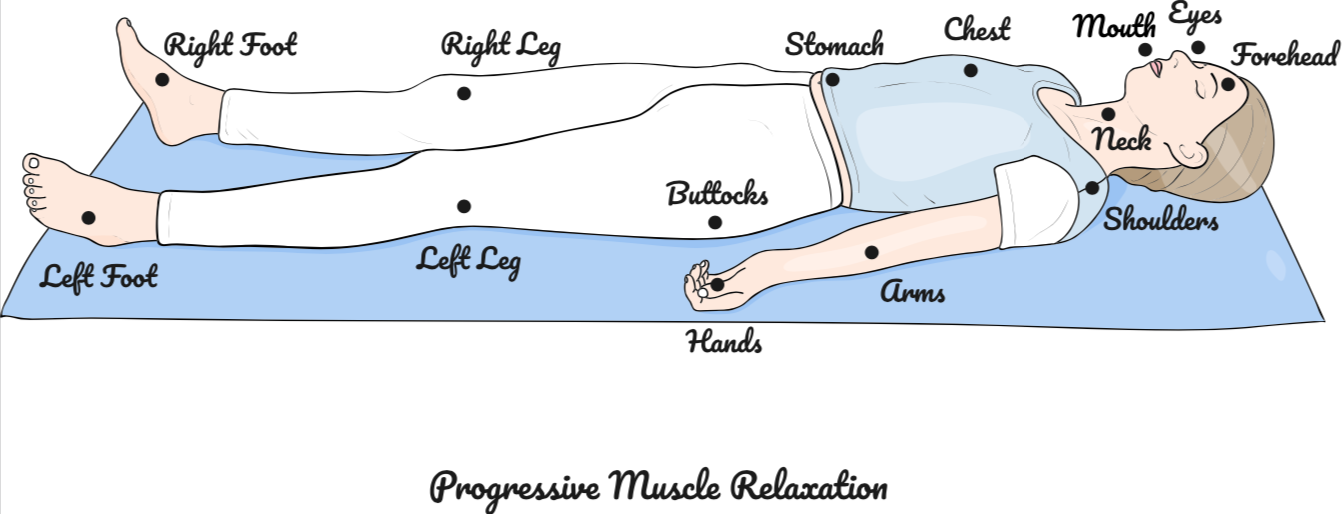Natural Therapies to Improve Mental Health
Natural Safe Therapies provided by DBC Health Retreats
1. Pilates/Yoga – The practice of physical activity is essential to keep mental health up to date, especially when this activity requires concentration and focus on the present moment, such as Pilates.
The Pilates method works body, mind and spirit through 6 principles: concentration, breathing, control, centering, precision and fluidity. It is precisely because it’s a technique that requires concentration to perform the movements that the practitioner can relax and calm the anxious mind, achieving a series of other benefits for mental health.Pilates may assist in the treatment of depression and anxiety by offering an opportunity to socialise, changing the levels of chemicals in the brain (serotonin, cortisol and endorphins), providing a distraction from negative thoughts, releasing stress, enhancing mindfulness and helping to create a self-care routine. DBC Health deliver Pilates and Yoga sessions to aid with Mental Health issues and improve health.
2. CBT - Cognitive Behavioural Therapy – Delivered either online or through workshops.
Using 3 basic principles
(a) Core Beliefs – Our core beliefs are formed by our childhood experiences. They are deeply rooted in how we view ourselves, our environment, and the future, along with our beliefs about these factors.
(b) Dysfunctional assumptions. Humans tend to hold onto the negative more easily than the positive.
(c) Automatic negative thoughts - involuntary negative perceptions of reality that occur out of habit. They can be difficult to recognize since they are brief and cause negative emotions.
Help patients learn new ways of responding to uncomfortable emotions and situations, to reduce symptoms across a patients range of problems, supporting mental health issues. Nutritional support, exercise mindfulness and relaxation exercises are included.
3. Relaxation Therapy - Relaxation is a way to counteract our natural fight or flight response (also called the stress response). This stress response is the body’s normal reaction to stressful situations - do you stay and fight or do you run away?
Relaxation techniques help lessen stress and your reaction to it. They help you feel calm, even in stressful situations. They play a role in slowing brain activity, and lowering blood pressure, heart rate, and breathing. And, they help support mental health.Some relaxation techniques include diaphragmatic breathing, yoga, progressive muscle relaxation (PMR), and guided imagery meditation. Qigong, gratitude writing, mindfulness meditation, and music therapy are also great ways to help you relax. Relaxation practices are often a component of CBT.
4. Breathwork - Practicing breathing exercises and mindfulness can lead to better mental health and positive emotions, and alleviate stress and depression. Breathing exercises also allow you to think more clearly and reduce feelings of anxiety.
Diaphragmatic or abdominal breathing is one of the most basic relaxation skills. It involves slow, deep breathing; inhaling through the nose and exhaling through the mouth. The idea is to engage the diaphragm, feeling the abdomen move in and out with each breath which can help relieve stress.
With breathwork, you can practice breathing techniques that help you connect with your inner self — your thoughts and feelings
5. Progressive muscle relaxation (PMR) is another relaxation technique. It teaches you to release physical tension more effectively. Step by step, you tense and then relax muscle groups throughout your body.
This can help you focus on the difference between muscle tension and relaxation. You can become more aware of physical sensations..
Progressive relaxation yields a variety of benefits, including the development of a feeling of well-being, lowered blood pressure, decreased muscle tension, thereby reducing the body's need for oxygen and reducing fatigue and anxiety.
6. Mindfulness/Meditation - Based on being mindful, or having an increased awareness and acceptance of living in the present moment. In mindfulness meditation, you broaden your conscious awareness. You focus on what you experience during meditation, such as the flow of your breath. Research has suggested that mindfulness meditation can measurably alter brain function and structure.
Mindfulness practice positively impacts the areas of the brain associated with learning, memory, emotional regulation, empathy, compassion, perspective taking, and stress response.
It can strengthen areas of your brain responsible for memory, learning, attention and self-awareness. The practice can also help calm down your sympathetic nervous system. Over time, mindfulness meditation can increase cognition, memory and attention.
7. Guided imagery is a type of focused relaxation or meditation. Focused relaxation involves concentrating on a specific object, sound, or experience in order to calm your mind.
In guided imagery, you intentionally think of a peaceful place or scenario. The goal is to promote a calm state through relaxation and mindfulness. The idea is that your body reacts to your own thoughts.
By calming your mind and body, you may be better able to cope with mental, emotional, and physical stress.
8. Music Medicine - Music-based therapy is based on two fundamental methods – the 'receptive' listening based method, and the 'active' method based on playing musical instruments
Benefits:
Stress and anxiety relief. Fatigue, stress, anxiety, etc., are certain factors that can affect your productivity or willingness to study. ...
Improves sleep. ...
Improves physical health. ...
Helps boost concentration. ...
Enhances positive energy.









